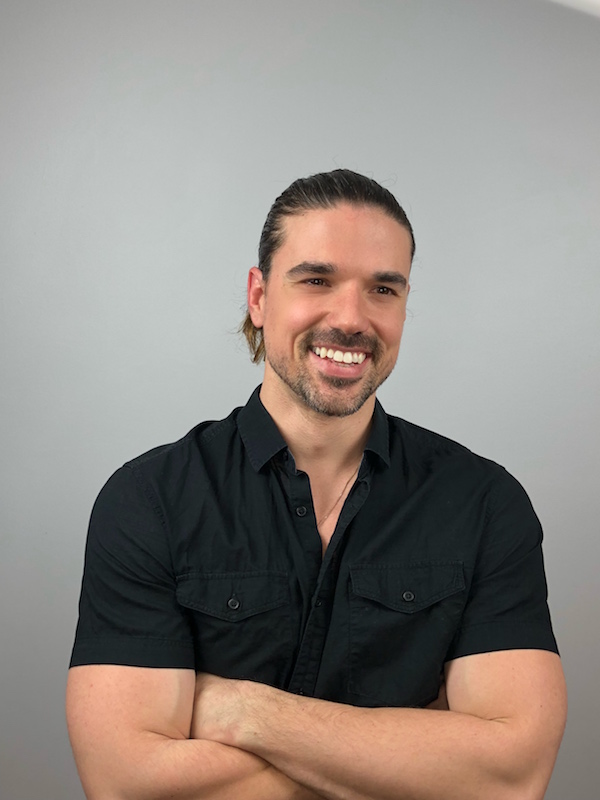By Thomas Whitfield

I’ve always been afraid of HIV, but it’s gotten so bad that I’ve basically stopped having sex. Please help me! Every single time I have sex with someone, I ask him about his HIV status, when he was tested last, and I ALWAYS use condoms. But afterwards, I freak out, even if it was just oral sex. I get really paranoid that something went wrong. Sometimes I don’t even enjoy the sex I’m having, because I’m scared while we’re doing it. How can I get over this? My friends say to just relax and forget about it. – Male, Gay, 26
It’s great that you’re being so vigilant about your sexual health, but it’s also stopping you from enjoying your sexuality. Where’s the happy medium? You’re already doing a lot of things that I recommend to my patients who have similar fears. But, there are a few other things you might want to consider.
First, challenge the thoughts you’re having that keep screaming you’re at-risk. Those thoughts are what’s causing you to stress out and have anxiety. For most of my clients, these thoughts include tons of “what ifs.” Remind yourself that you’ve taken the steps you know to be necessary and question your “what ifs.” Educate yourself on HIV, how it’s transmitted and how it’s treated. Assuming you haven’t had recent dental work, your chances of acquiring HIV from oral sex are very low. It may also relax you to know that although you may prefer to stay HIV-negative, becoming HIV-positive is not a death sentence anymore. You can be HIV-positive and still live a very happy and healthy life.
Second, PrEP might be a good option for you. Last month, I published a study in the Journal of Sex Research that showed a statistically significant decrease in sexual anxiety once gay men began taking PrEP. This medication may offer another layer of protection for you that might calm your anxieties. However, there’s a catch. Based on what you’ve said about your sexual behaviors and risk-prevention techniques, you don’t seem like you’d actually meet objective qualifications for uptake. This doesn’t mean a doctor won’t prescribe it for you, but you may want to weigh the pros and cons yourself.
Third, accidents happen. Be prepared. For most sexually active adults, accidents happen when it comes to sex. Maybe a condom is forgotten, a condom breaks, or someone lies about their status (although research shows this is rare). Find out where you can access post-exposure prophylaxis (PEP). It’s a set of pills that you take daily for about a month that prevents HIV infection, should you be exposed. You have to start taking it within 72 hours of the exposure, the sooner the better. It’s available at most emergency rooms.
There are tons of places in NYC where you can get tested for HIV and STIs at low or no cost. Make getting tested a regular part of your sexual health practice. You’re in control and doing a great job.
Sex/Love/Relationship advice? Send your questions to: ThomasTalksAbout@gmail.com Instagram: @ThomasWhitfield84


Leave feedback about this
You must be logged in to post a comment.